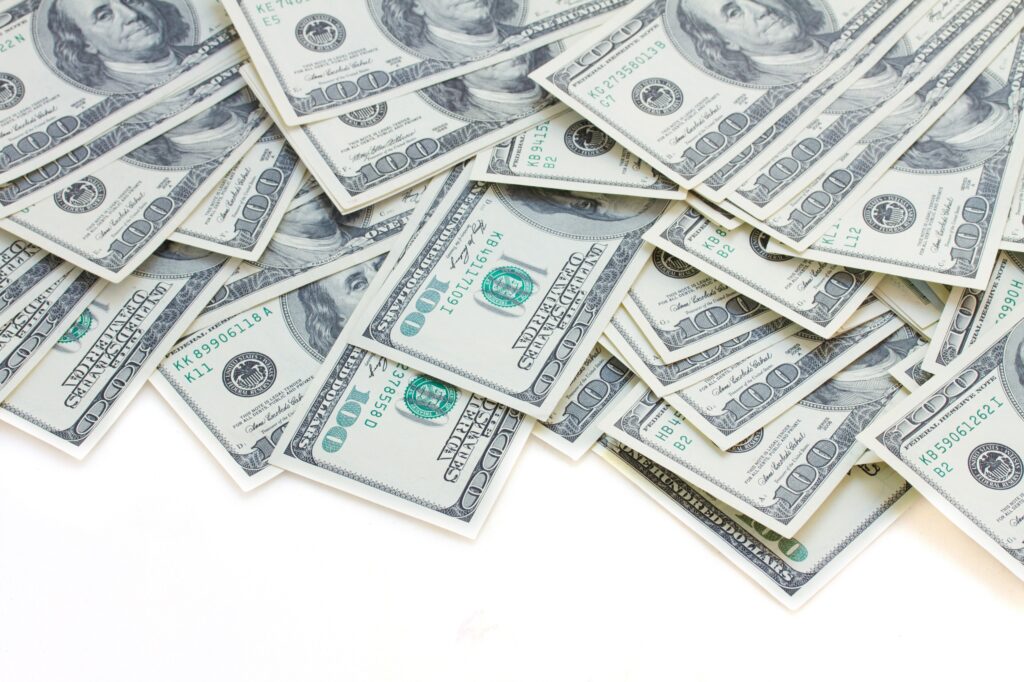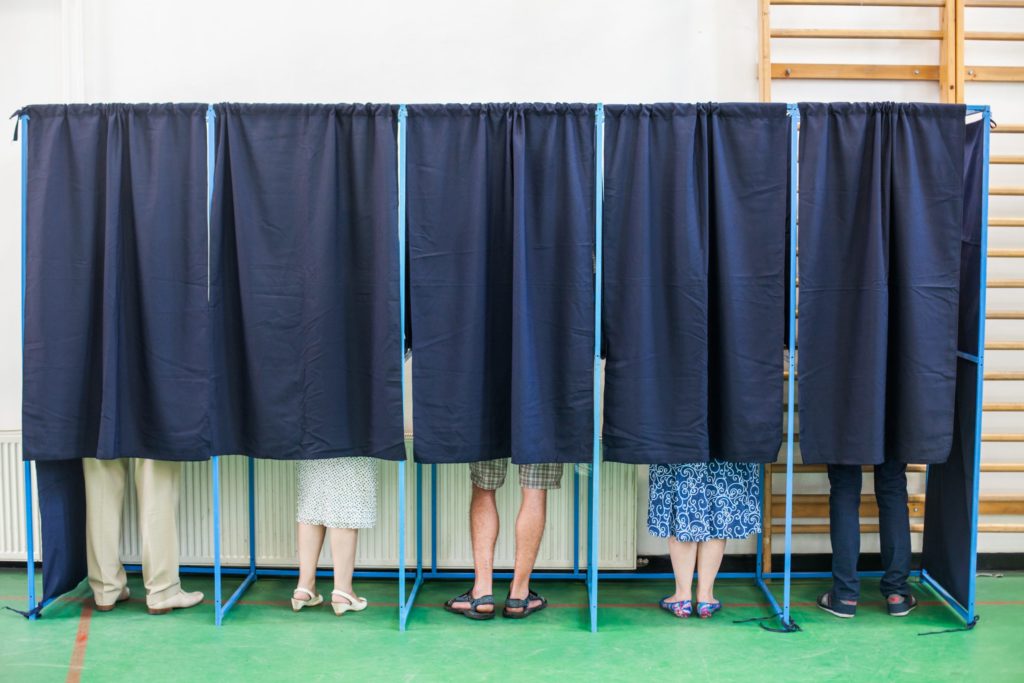Capuano has highest paid staff in Congress
Casey Burgat, a fellow at a DC-based think tank called R Street who is studying congressional staff for his doctoral dissertation, said the expenditures from the office budget “is one of our best indicators of what is most important to the members themselves.” Burgat said staff tenure in the House is generally pretty low, but there is a correlation between staff seniority and legislative achievement. “Offices with high staff turnover introduce fewer bills and are less successful in moving them through the process,” he said.
Every House member received a taxpayer-funded office budget of about $1.3 million in 2017 to cover payroll, office travel, rent for offices in the district and supplies. Some members get a larger budget to cover excess travel costs if their districts are far from Washington, or if their district offices are in areas with high rental costs.
More junior members of Congress or those in competitive districts may be more inclined to spend on district mailings or constituent outreach, things that raise their profile and boost their re-election chances, instead of salaries, Burgat said.
None of the House members mentioned in this story were willing to discuss their budgets — not a surprise, Burgat said. “I don’t know that there are a lot of good stories that can come out of members talking about how much they spend on themselves,” he added.








